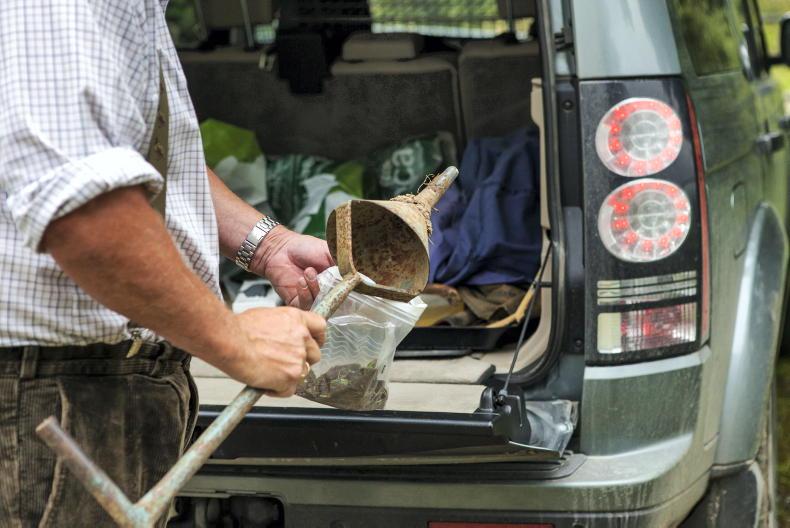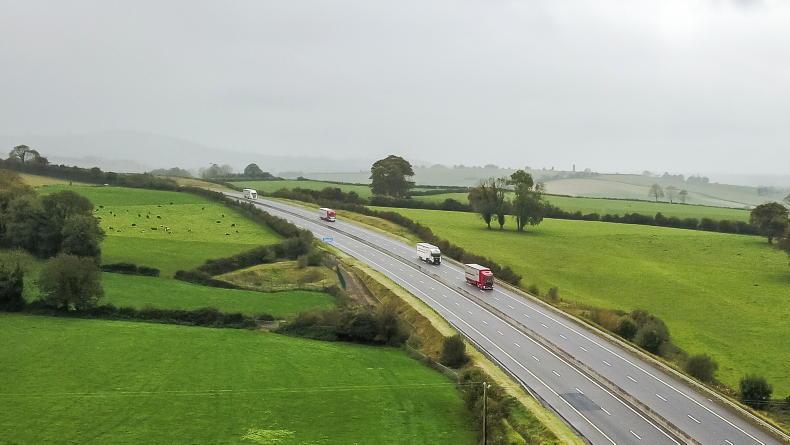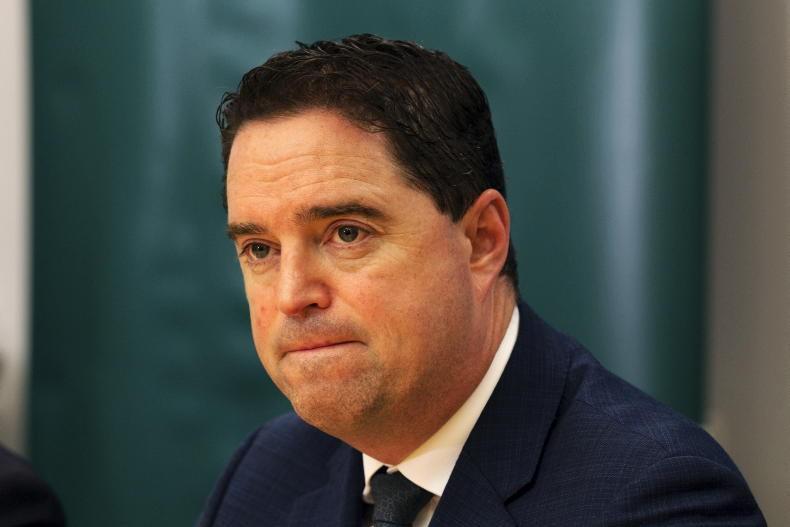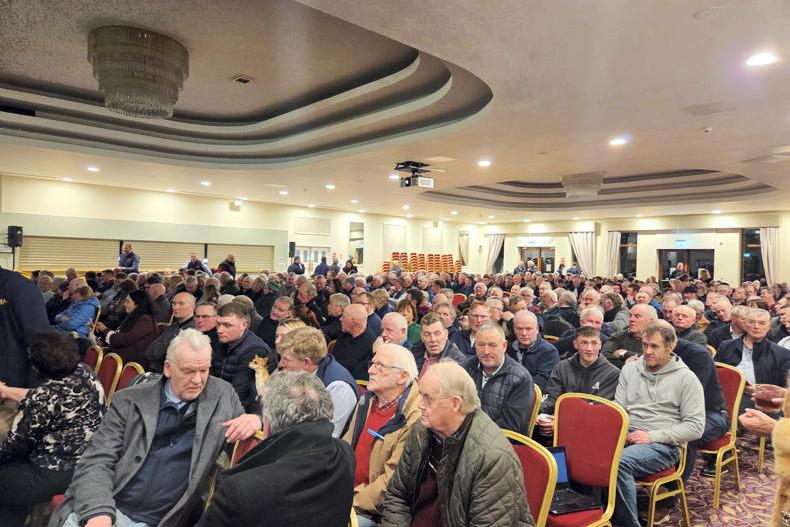IFA animal health chair TJ Maher said: “The improved financial support schemes will reduce the burden and costs associated with TB breakdowns on our farms and the additional resources and agreements reached for the wildlife control programme addresses one of the key drivers of the disease in our cattle.”
He said changes to the live valuation scheme will help in ensuring that farmers receive the correct market price for the animals taken from farms.
The IFA animal health chair said fundamental changes have been agreed in the income supplement, depopulation grant and hardship grant schemes, both in terms of eligibility criteria and the rates payable.
The new rates are payable to all herds in receipt of the scheme payments from 1 February.
“The other significant change to the schemes is that farmers will now become eligible for these payments on the date the reactors are identified on the farm as opposed to the date of removal from the farm, recognising the immediate income loss experienced,” he said.
Maher said a fundamental change has been agreed that allows farmers purchase in animals when restricted, while still retaining live valuation entitlement for the purchased in animals and income supplement entitlement for the herd. This removes the financial risk from purchasing in and allows farmers to maintain their on-farm production levels.
Permission to purchase in will be required in agreement with the local regional veterinary office in these cases.
The IFA animal health chair said one of the most contentious issues dealt with in the group was the EU animal health law 30-day TB pre/post-movement testing requirement.









SHARING OPTIONS